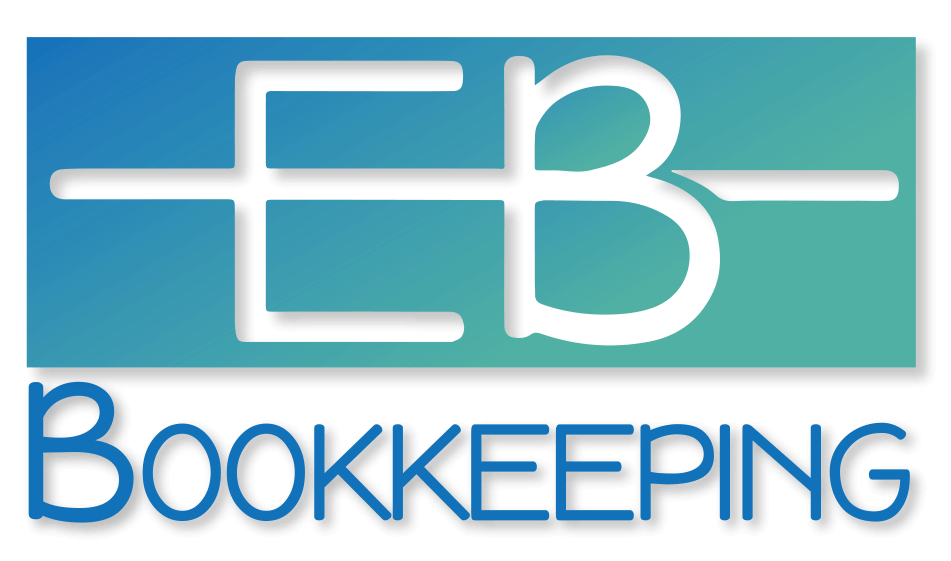Whether you’re selling your own stock or supplying goods via a drop shipping arrangement, you will need to factor your bookkeeping and accounting into your daily, weekly, and monthly schedules to keep your ecommerce venture on track.
Balance the books, keep the cash flowing and pull off the right reports to help you visualise the bigger picture, and you’ll be on the right path to ensuring your ecommerce business is successful. Here, I’ve put together 6 of my top bookkeeping tips for companies selling online.
1. Integrate your accounting software with your online store
Accounting integrations are an absolute Godsend for ecommerce entrepreneurs, as they make much lighter work of managing all your financial transactions (including returns, which can often cause a headache for both business owners and their bookkeepers!). If you haven’t already, contact your ecommerce platform provider to see if it’s possible to link your software up to your chosen accounting tool.
2. Keep a record of all your expenses
This will help you keep an eye on your spending for better cash management. It’s really important to keep the receipts from every purchase, too. Most accounting software provides you with the facility to upload snapshots of receipts directly into the cloud – but you can also use third party apps, if you prefer.
Remember, a lot of common business expenses are actually tax deductible (meaning they will reduce your taxable profits and therefore reduce your tax bill). So, it’s definitely in your best interests to record them accurately.
3. Reconcile your accounts at least once a month
‘Reconciling’ involves making sure that your bank records match what’s going on in your accounting software. Most cloud-based accounting tools will allow you to link the platform to your bank account, which makes it easy to spot any transaction errors or duplicate entries. Sophisticated software like Xero and QuickBooks will also give you the ability to categorise transactions and match them up automatically, saving you bundles of time.
I’d recommend reconciling your accounts at least once every month – but if you’ve got time and/or your ecommerce business is growing fast, try to do this once a week to save mistakes being made further down the line.
4. Pull off regular cash flow statements
Any business will struggle to stay afloat without cash – so make sure you look after yours! Cash flow statements will summarise your inflows and outgoings and enable you to determine how much money you actually have at your disposal to fund your operating costs, pay your staff, invest in new equipment, facilities, products or services, or settle your debts. Your accountant will be able to help you make sense of all the numbers and reach smarter financial decisions based on real data.
5. Make sure you know your tax deadlines…
…and set the money for your tax bill(s) aside to make sure you don’t forget to save enough cash! If you don’t meet these deadlines, you may be subject to penalties.
Unless you want to spend your evenings and weekends filling in tax returns and stressing over HMRC’s strict rules, it’s always worth getting an accountant to handle your tax affairs. You can also contact me for more information on what’s due and when, or check out my recent blog on the HMRC deadlines you need to consider.
6. Monitor your COGS
COGS stands for ‘cost of goods sold’, and it’s a great metric for tracking exactly how much it costs to produce and distribute a product. It’s calculated using any of the outlays that are directly related to selling products – so, for example, things like shipping expenses, warehousing and storage costs, and card payment fees.
Keeping your books up to date will help to generate a more accurate profit and loss sheet, which can then be used to calculate accurate COGS figures.

